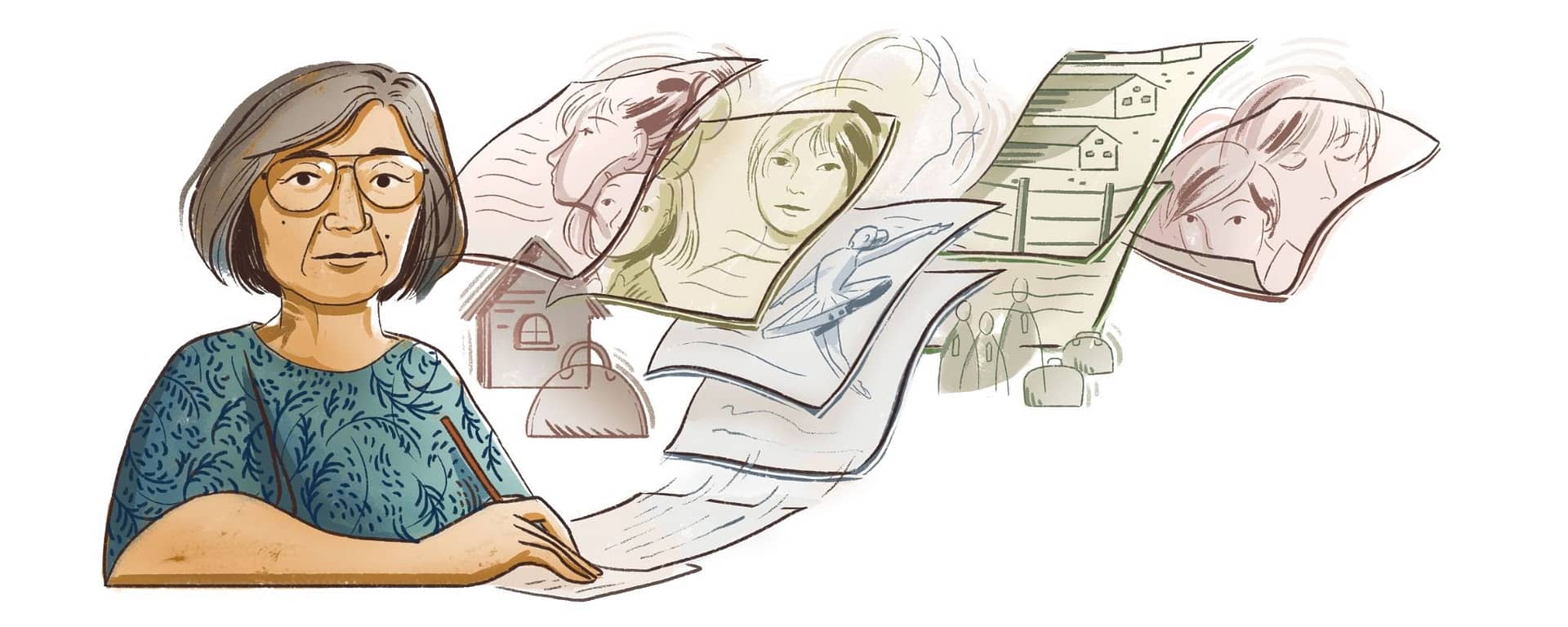Taking Protection Into Their Own Hands: How Asian Americans are Mobilizing to Protect Their Own
By Hanna Aboueid
In the face of the overwhelming rise in anti-Asian hate crimes following the pandemic, many Asian-American community members have been mobilizing to protect their elders and others who have been particularly vulnerable to attacks. The xenophobic, largely anti-Chinese rhetoric that was popularized with the pandemic has led to a terrifying spike in hate crimes against Asian Americans, with instances ranging from elders being physically assaulted and even murdered, to ugly stares in grocery stores and racist demands to ‘go back where you came from.’
There is no understating the fear, frustration, and sadness this has been causing community members, and Asian-Americans all over America have been speaking to the overwhelmingly personal nature of the fight against Asian hate. For example, London Breed, mayor of San Francisco, stated in an interview for the New York Times, “I take personal offense to what we see happening on the streets because I’m very sensitive about the need for us to take care of our elderly population. I was raised by my grandmother and I can’t imagine if someone did this to her.” Teresa Ting, a Chinese-American activist in New York City, stated in an interview with CSMonitor, “It literally could have been my mother had it been the wrong place, wrong time.” As it stands, these attacks aren’t just a matter of unchecked xenophobia, but also blatant ageism, as many of the targets have been elderly Asian-Americans.
This spike in hate crimes has also brought forth a heated and emotional debate about what is the best way to make things safer for Asian American elders and other vulnerable community members. The urgent need for intervention has led to a larger discourse about what safety means to the Asian-American community, as well as their relationship to police. While many people have been calling for increased police presence, more funding to police forces, and stricter laws, many others have stood firm against making these changes, citing the harm disproportionate amounts of police presence has done to marginalized communities. Others are certain more police is not the answer, and are instead advocating for things like bystander training that could empower people to intervene safely when they witness a hate crime.
Similar patrol groups have formed in Oakland, where about a dozen people wearing bright orange vests and caps comb the streets of Chinatown daily to ensure the safety of their vulnerable community members. They try to prevent harassment and assault by carrying whistles and wearing body cameras while walking through the streets. Another powerful example is Soar Over Hate, a non-profit group based in NYC, that has organized pepper spray and handheld alarm giveaways. These giveaways are held in a neighborhood that is a 10-minute walk from where Christina Yuna Lee, a 35-year-old Asian American woman, was stabbed over 40 times by a stranger who followed her home, one of the most harrowing of a spate of attacks on Asian Americans in New York City in recent months.
About The Author: Hanna was an administrative intern at AAC-CSEBRI in the summer of 2022. You can find her bio here.

